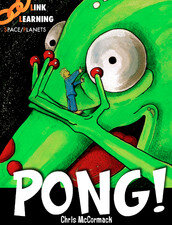In August I read 600 Hours of Edward, a captivating first person account of an Asperger’s sufferer attempting to deal with family, neighbours, life and the colours of his garage door.
Idly browsing my Kindle after finishing Edward I found and read Christopher Hitchens’ essay on George Orwell: Why Orwell Matters. A key theme was Orwell’s belief many of those in western politics who retained power after WWII had been busily working through the war to ensure they retained power in the event of a Fascist victory: Just who are the good guys?
All of which was feeding into my writing of the sequel to Chasing Innocence, called Hunting Demons, the lead male character of which is very much influenced by characters played by Mel Gibson, notably Gibson’s ‘Porter’ in Payback. Listening to the Payback audio commentary by Brian Helgeland, led me to Point Blank written by Richard Stark, the book Payback was based on. Richard Stark was the pen name of Donald Westlake, a very successful American literary author. Several of Westlake’s novels have been made into movies. Most famously Point Blank but also most recently an adaption headlined by Jason Statham. At the front of Westlake’s novels you will often find an endorsement by Elmore Leonard.
Character driven story
The writing of my sequel continued at pace during August while reading some of Elmore Leonard’s books, which I’d never done before. I read The Hunted, Raylan and 310 to Yuma, many other Elmore Leonard books await on my Kindle. His books consist of focused narratives built around a single story with few tangles. They are almost entirely driven by character and a simple premise. No wonder so many have been turned into movies when the structure and beats of his books resemble those of a movie.
The link between books written by Leonard and Westlake, so often turned into moving picture, led me to start breaking films made from books down into fifteen distinct beats found in both book and film.
Time and Destiny
Which led me via a random sequence of events, to deconstruct the beats from Tom Cruise’s recent Oblivion and to listen to the informative audio commentary by Cruise. A quick check on IMDB and I discovered he was currently working on a movie called, The Edge of Tomorrow, which I learned was based on a book titled, All You Need is Kill, by Hiroshi Sakurazaka. I read the book – a sublime Groundhog Day, see also Source Code, narrative charting a single day in the life of a rookie soldier, a day in which he dies in combat and is destined to relive over and over until he can acquire skills enough to survive the day. This was such a different, well structured story, full of real character and invention, I added the audio book to my Audible library and have so far listened to it about five times during various car journeys or zipping about with headphones while hoovering.
The likely improbable
In September a friend recommended I watch Stardust which I found to be a good concept ruined by filmmaking. The original book was written by Neil Gaiman and I doubted the disjointed story of the film came from his writing. On a flight to Cyprus in September, I read Stardust and realised the movie’s flaw was in trying to re-work Gaiman’s adult fairytale for a young audience. I was struck by how Gaiman’s writing made a world of implausibilities seem totally natural. In Cyprus I spent the week reading in the sun or in the shade beside the pool. Towards the end of the week I was escaping the wonderfully relentless heat, sat beneath an open veranda beside the children’s pool and the all inclusive bar. I think there might have been a cold Keo in a frosted glass on my table.
Amid all the splashing children and attentive mothers in the pool, was a man with his young blond haired boy. The man had a very happily wide grin on his face. It never left his face. He looked almost insanely happy as he weaved the boy backwards and forwards through the water. In complete contrast to the other bare limbed children his blond boy was clothed in a child’s version of a wetsuit, socks, armbands and legionnaires hat, complete with neck flap. He looked well protected and idolised. The mother was sat just off to the side, reading an iPad. She was attractive, a few levels more than the almost stupidly grinning man.
It occurred to me the man and his wife seemed familiar and then I realised – they were how I’d always imagined Marcus and his wife in TMWWRAW. Immediately after, out of nowhere, the random musings of my unconscious (non-conscious for the psychology buffs) came together and there it was – a solution to my dead in the water TMWWRAW problem a year after it was mothballed. I now knew the story needed to be focused around a simple, meaningless murder of the wife. A small story, nothing big and grand. The power would come from the characterisation and the loss and the need for closure. It would be a whydunit and the conclusion, as clear as anything in my head, would echo Orwell’s observations relayed by Hitchens – a theme of who are the good guys? I also had Marcus’s perspective nailed right there – a combination of my perceptions of this madly grinning and happy dad in the pool and what I’d learned reading about a man with Aspergers in 600 Hours of Edward. Pulling off the fact the murdered wife leads Marcus to her killers through dreams would be tough, I’d just have to study how Gaiman pulled off the improbable in Stardust, just as I would study Aspergers and read more Orwell.
Destiny and time
I also realised the TMWWRAW title needed to go and swapped it for The Handyman and in contrast to the whiz bang opening of TMWWRAW, this revised opening would have a clear and simple narrative and echo Capote’s open landscape of In Cold Blood, swapped for the rolling skyline of Devon in the summer, the narrative retaining some element of the journalistic in witness statements to build a sense of Marcus’s abilities. The opening would feature an outwardly innocent man (Marcus) and child playing with a kite. A family gunned down, Marcus desperately trying to save them. And we think we know why his family are dead, because of his past, immediately correlated from the deep recesses of my recollection to Andy Mcnab’s Last night Another Soldier…, which I’d read and reviewed three years before. The concept for duplicating Gaiman’s ability to make the improbable sound probable, went a little bit out of control as I daydreamed by the pool. The intriguing construct of All You Need Is Kill re-wired itself with a distant memory of a movie I’d watched at the cinema twenty three years before: Jacob’s Ladder – could this be a story with a twist on time and destiny at the end? Even the structure for a 55k word novella was in place, having spent so much time reading the books of Westlake and Leonard and breaking them down into the core beats of story. This would not be a novel with a wide and messy scope. It would be a novella, echoing those core story beats I had been studying. It was all there. In my mind’s eye Marcus was Tom Cruise, diminutive, silent and intense. Fast and deadly but mentally unable to resolve by himself who murdered his wife.
This all came together in about 90 seconds as I sat beside the pool in Cyprus, watching the happily grinning dad and his wet suited little boy. I might have welled up with the excitement of it all.
I quickly had two very different endings in mind, a crowd pleasing, no dry eye in the house version and a harder to pull off thought provoking ending that floated at the very border of my imagination and defied all attempts to reel it in.
Back home I was faced with a need to keep working on Hunting Demons and finish a 2nd edition edit of Chasing Innocence. I needed to park The Handyman for later and then I had a brainwave. I’d write it in November, NaNoWriMo – National Novel Writing Month. I’d do some planning in October in downtime, then put everything else on hold for November with the goal of writing and finishing The Handyman in one go. But how would I plan for such a condensed writing experience?
Early October I broke First Blood the movie down into the key story beats, which you can read here. Writing the trivia section of the post I got to wondering what the original book’s author was up to these days. Quite a lot it turns out. David Morrell is a very interesting and very accessible author who has written at length about the processes involved in writing First Blood and the subsequent movie adaptations of Rambo II and Rambo III. He has also written a book based on his writing career and methods that offers insight on a par with Stephen King’s ‘On Writing’. Right in the middle of David Morrell’s book, amongst all the interesting detail, was one of the greatest pieces of writing advice I ever heard. I immediately put it into practise and started to plan for my NaNoWriMo.
I’ll be updating my progress through NaNoWriMo and when the dust has settled afterwards, I’ll let you know whether that planning advice by David Morrell was successful.
If you’re interested:
I just finished Fahrenheit 451 and the excellent companion study guide by Bradbury’s. I am listening again to David Morrell’s The Successful Novelist on Audible, conversationally and captivatingly read by Patrick Lawlor. I have also been listening to Malcolm Gladwell’s intriguing David and Goliath, also narrated by Gladwell. Next up on Audible is David Morrell’s Creepers.
On my kindle I’m currently reading Ashes to Dust by Yrsa Sigurdardottir, and Rambo and Me, The Story behind the Story by David Morrell. Next up is Land of Midnight Days, YA fiction by Katrina Jack and Salmon Fishing in the Yemen by Paul Torday.



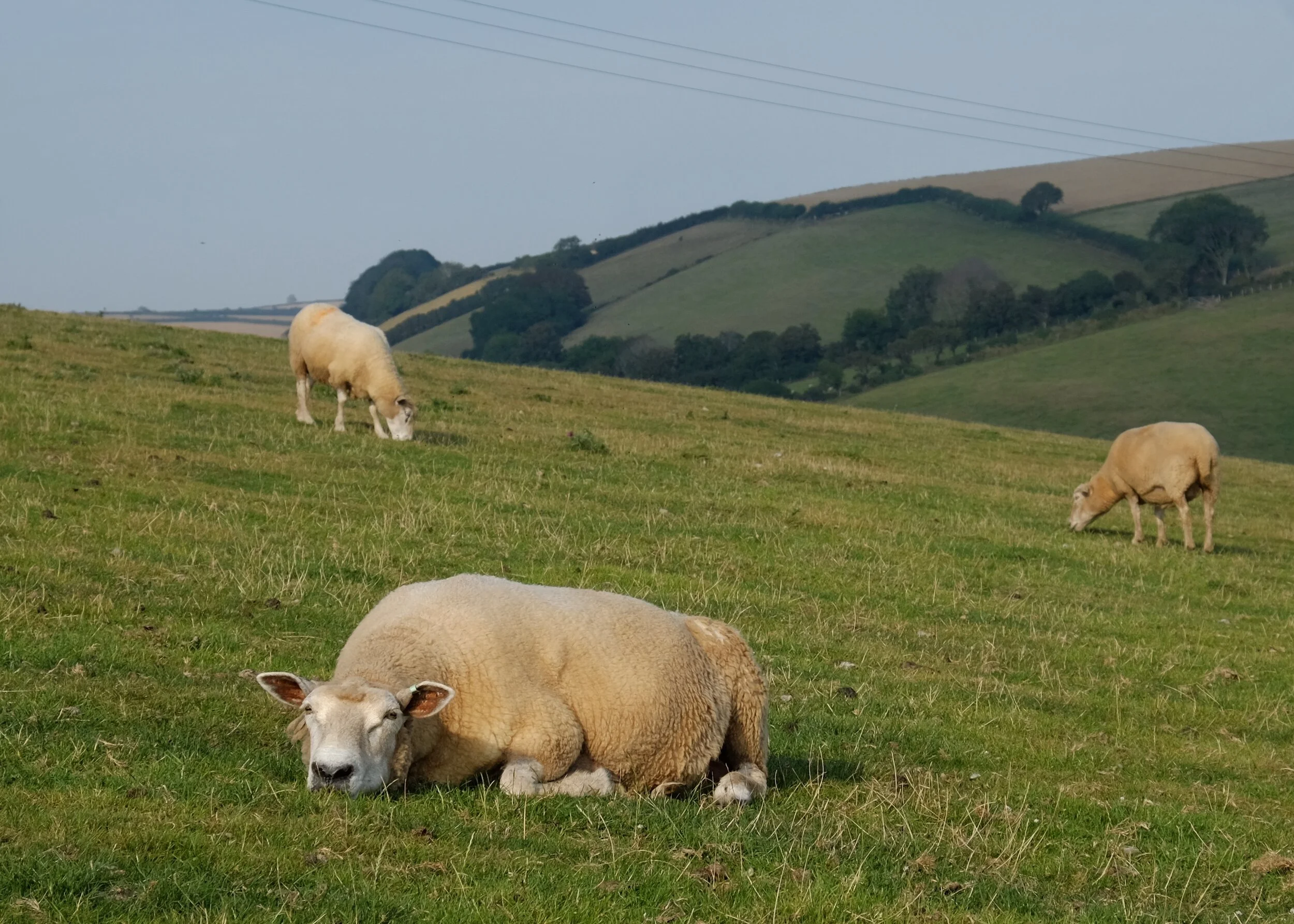
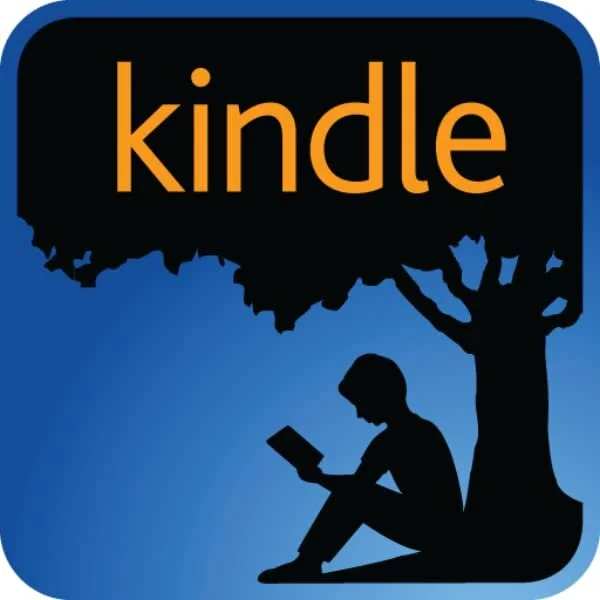

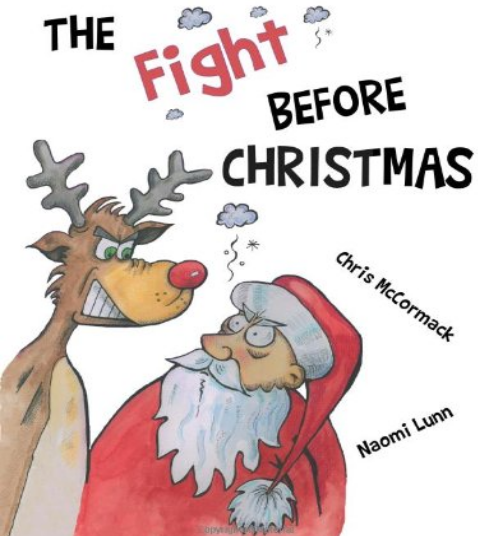







 And there was cake. Aside from the fine spread put on by our hosts, John H upheld the WordWatchers' tradition and provided a particularly wonderful (and gluten free) apple and cinnamon cake.It was a great opportunity to meet up and discuss writing in a lovely setting, and share in the vast array of experiences (and cake) that each writer brings to the table.And now, you know that short story collaboration you've been waiting for? On reflection, in the spirit of 'what goes on tour stays on tour', perhaps it's best I don't share it. What I will say is, it was a lot of fun... and certainly brought out some creativity. After all, take a look at the prop we had (in the photo). And that paper on its chest - that's our character (a 19th century body snatcher) and our location (an old convent with echoing corridors).
And there was cake. Aside from the fine spread put on by our hosts, John H upheld the WordWatchers' tradition and provided a particularly wonderful (and gluten free) apple and cinnamon cake.It was a great opportunity to meet up and discuss writing in a lovely setting, and share in the vast array of experiences (and cake) that each writer brings to the table.And now, you know that short story collaboration you've been waiting for? On reflection, in the spirit of 'what goes on tour stays on tour', perhaps it's best I don't share it. What I will say is, it was a lot of fun... and certainly brought out some creativity. After all, take a look at the prop we had (in the photo). And that paper on its chest - that's our character (a 19th century body snatcher) and our location (an old convent with echoing corridors).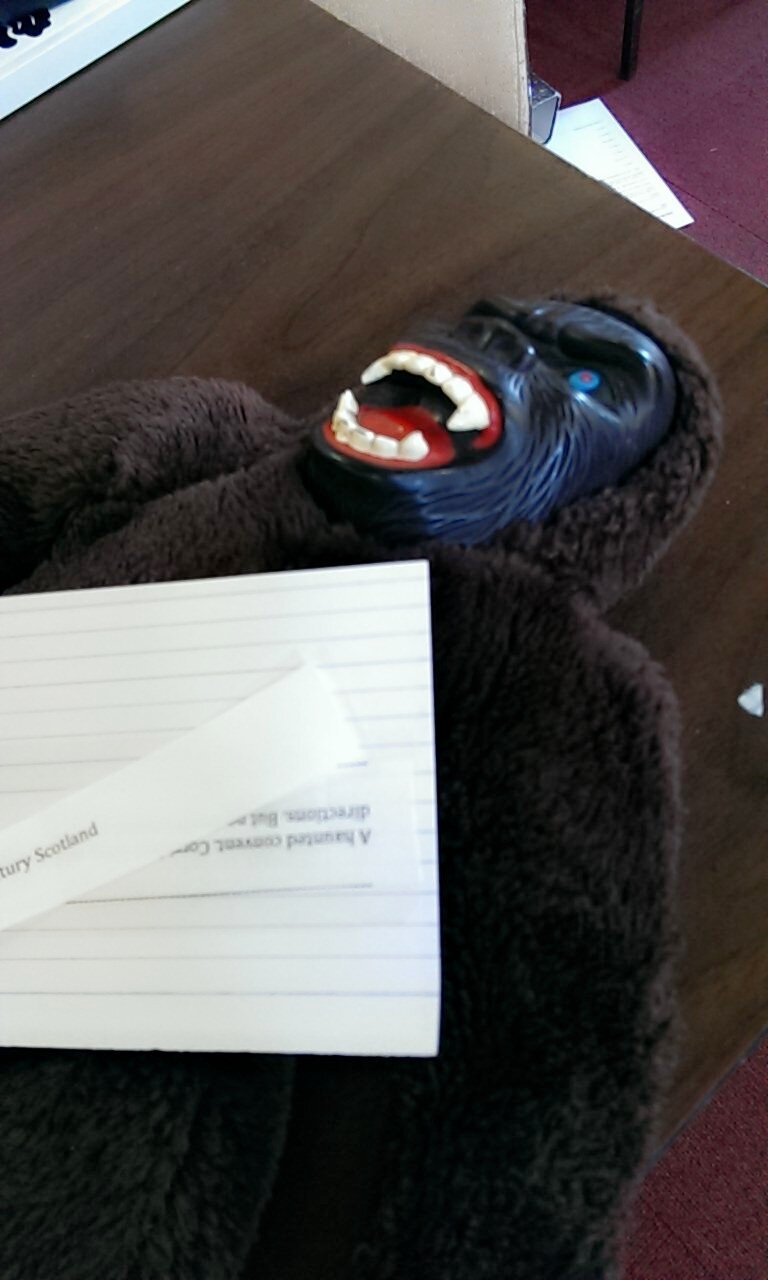



 Those December minutes show that we discussed our new, yet-to-be-launched website and the new Twitter account we'd just set up. Now, nearly 3000 tweets and over 600 followers later, all very much thanks to the expert guiding hand of John Hoggard, and with a Facebook page as well, our online presence is evolving nicely.Clearly, though, an online presence for a writer's group is nothing if none of the writers are producing anything to tweet or blog about. Again, looking at those December minutes brings it all back - what we were working on, how we were feeling about things, and indeed who was actually in the group...It seems amazing to look back at a list of attendees and not see the names of John Potter and Chris McCormack, who actually joined us in February and have been fantastic contributors ever since. Their arrival coincided with (and definitely helped accelerate) a growing maturity within the group, as we increasingly embrace independent and digital publishing as a business choice rather than a last resort.Ginette succumbed to the pressures of setting up a new business and has taken a bit of a sabbatical. Hopefully, 2013 will find a more obliging work-life balance.Since then, it's been fairly stable, with numerous approaches from people to join us - and in November we welcomed Colette, who pretty much fills the WordWatchers' ranks. (You should be seeing Colette on the Authors' page shortly after the January meeting.)And what have all these WordWatchers been up to?
Those December minutes show that we discussed our new, yet-to-be-launched website and the new Twitter account we'd just set up. Now, nearly 3000 tweets and over 600 followers later, all very much thanks to the expert guiding hand of John Hoggard, and with a Facebook page as well, our online presence is evolving nicely.Clearly, though, an online presence for a writer's group is nothing if none of the writers are producing anything to tweet or blog about. Again, looking at those December minutes brings it all back - what we were working on, how we were feeling about things, and indeed who was actually in the group...It seems amazing to look back at a list of attendees and not see the names of John Potter and Chris McCormack, who actually joined us in February and have been fantastic contributors ever since. Their arrival coincided with (and definitely helped accelerate) a growing maturity within the group, as we increasingly embrace independent and digital publishing as a business choice rather than a last resort.Ginette succumbed to the pressures of setting up a new business and has taken a bit of a sabbatical. Hopefully, 2013 will find a more obliging work-life balance.Since then, it's been fairly stable, with numerous approaches from people to join us - and in November we welcomed Colette, who pretty much fills the WordWatchers' ranks. (You should be seeing Colette on the Authors' page shortly after the January meeting.)And what have all these WordWatchers been up to? At the end of last year, Charlotte was getting ready to welcome the paperback version of
At the end of last year, Charlotte was getting ready to welcome the paperback version of  Everyone else was equally busy, working through and reworking existing novels or sifting through a world of ideas to settle on the one to take forward into 2013. Me? I managed to 'finish' The Stationary Half of Goodbye and have started sending it out to agents.And if all that wasn't enough, we produced our first anthology,
Everyone else was equally busy, working through and reworking existing novels or sifting through a world of ideas to settle on the one to take forward into 2013. Me? I managed to 'finish' The Stationary Half of Goodbye and have started sending it out to agents.And if all that wasn't enough, we produced our first anthology, 